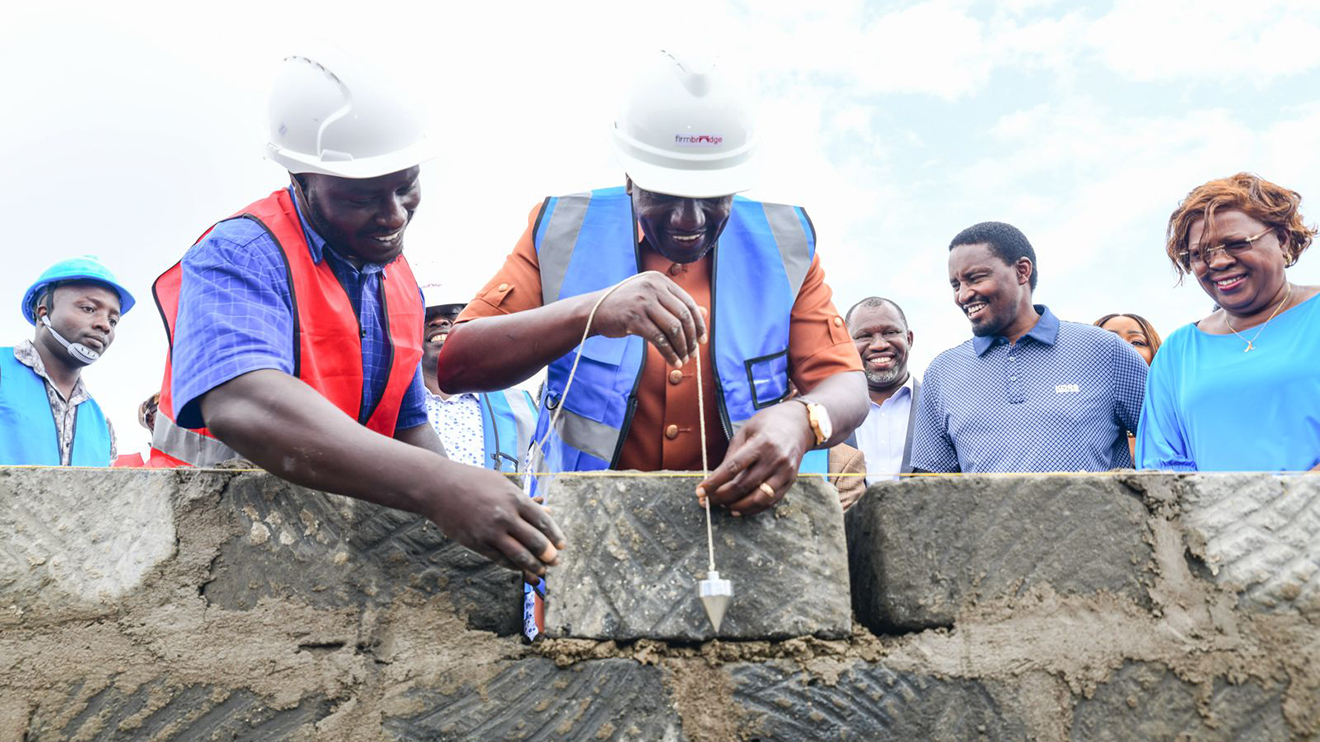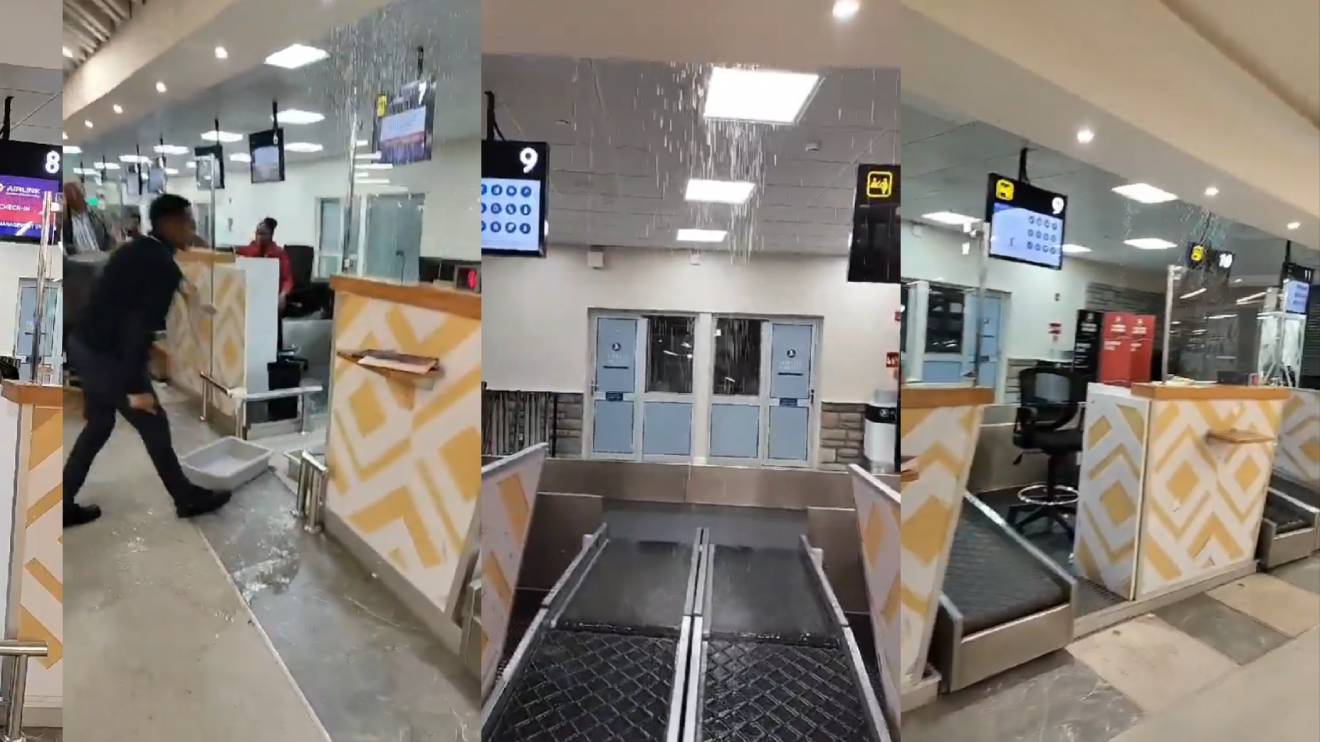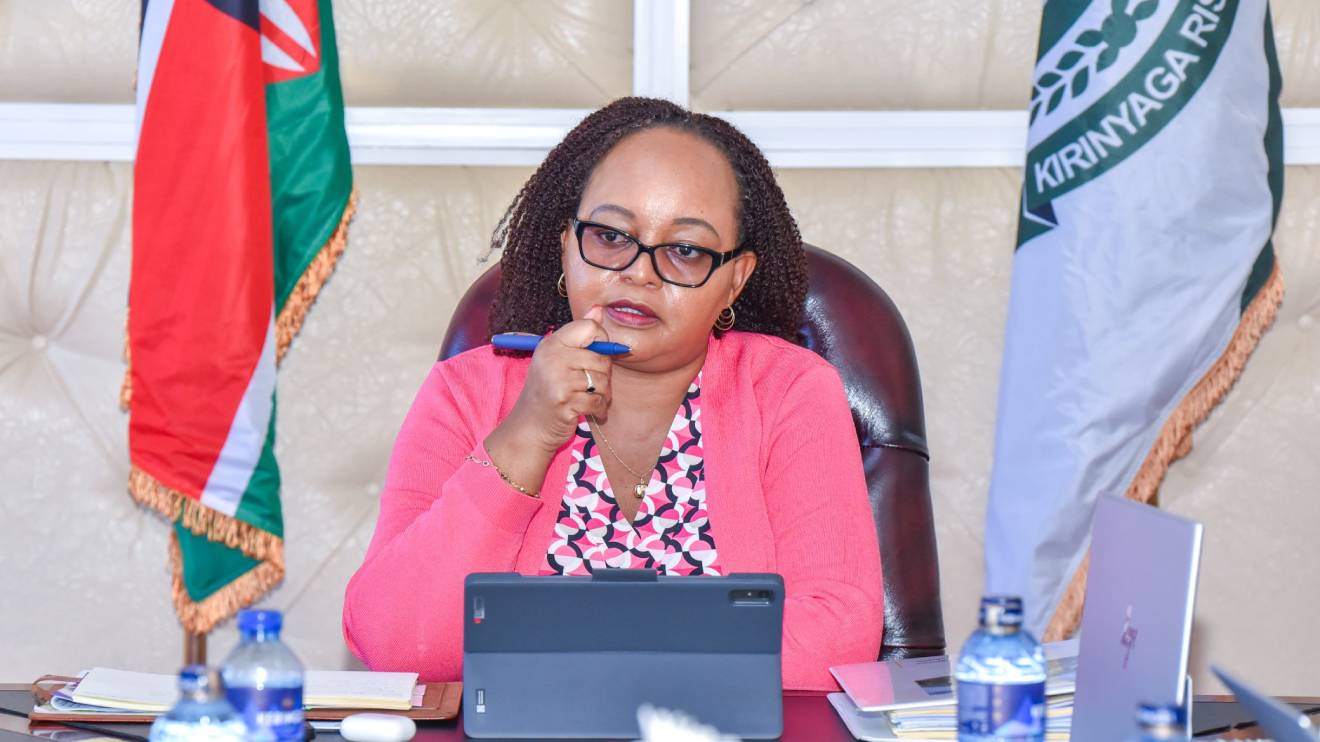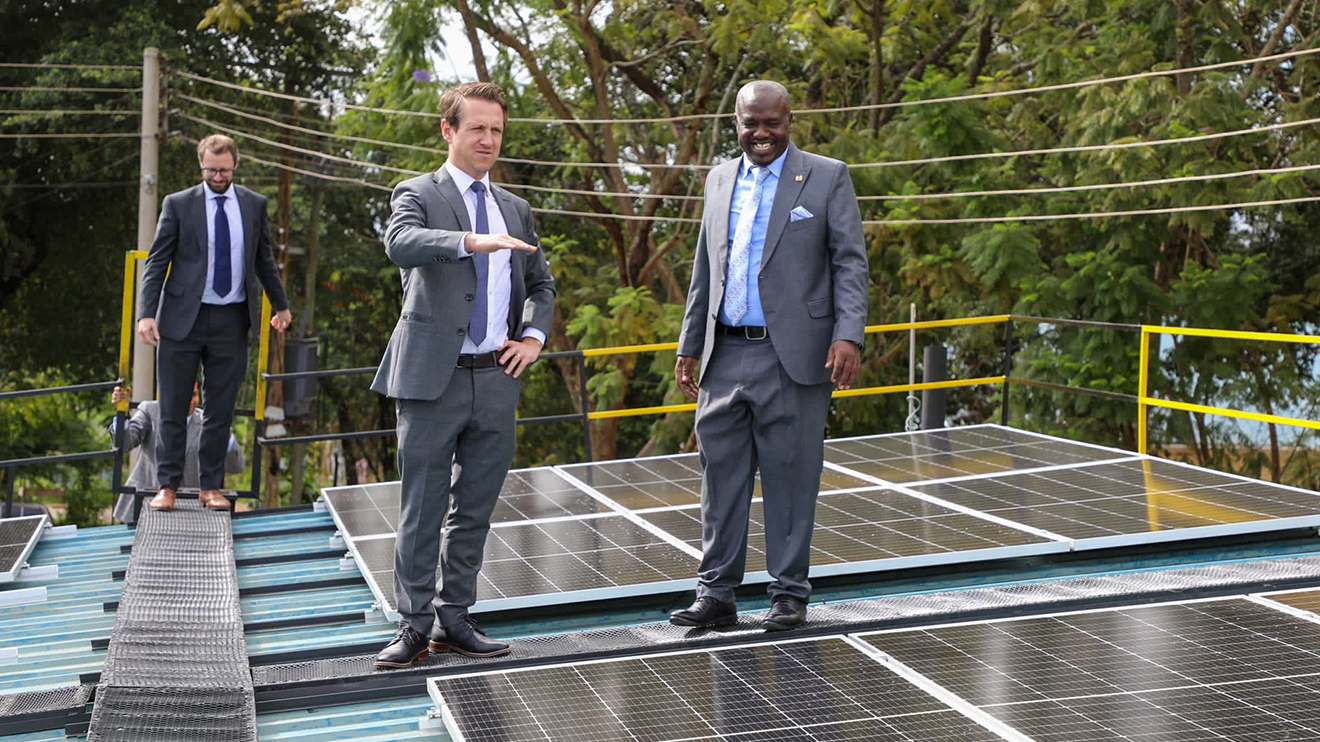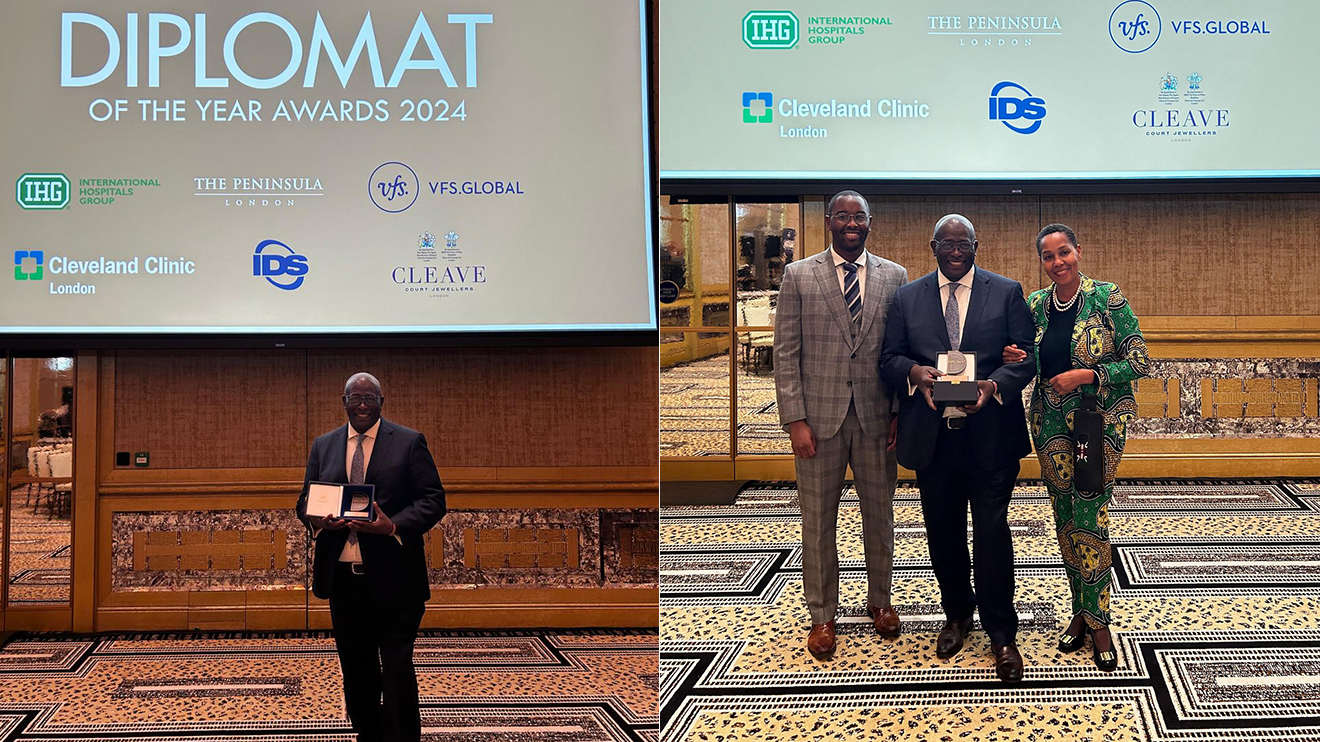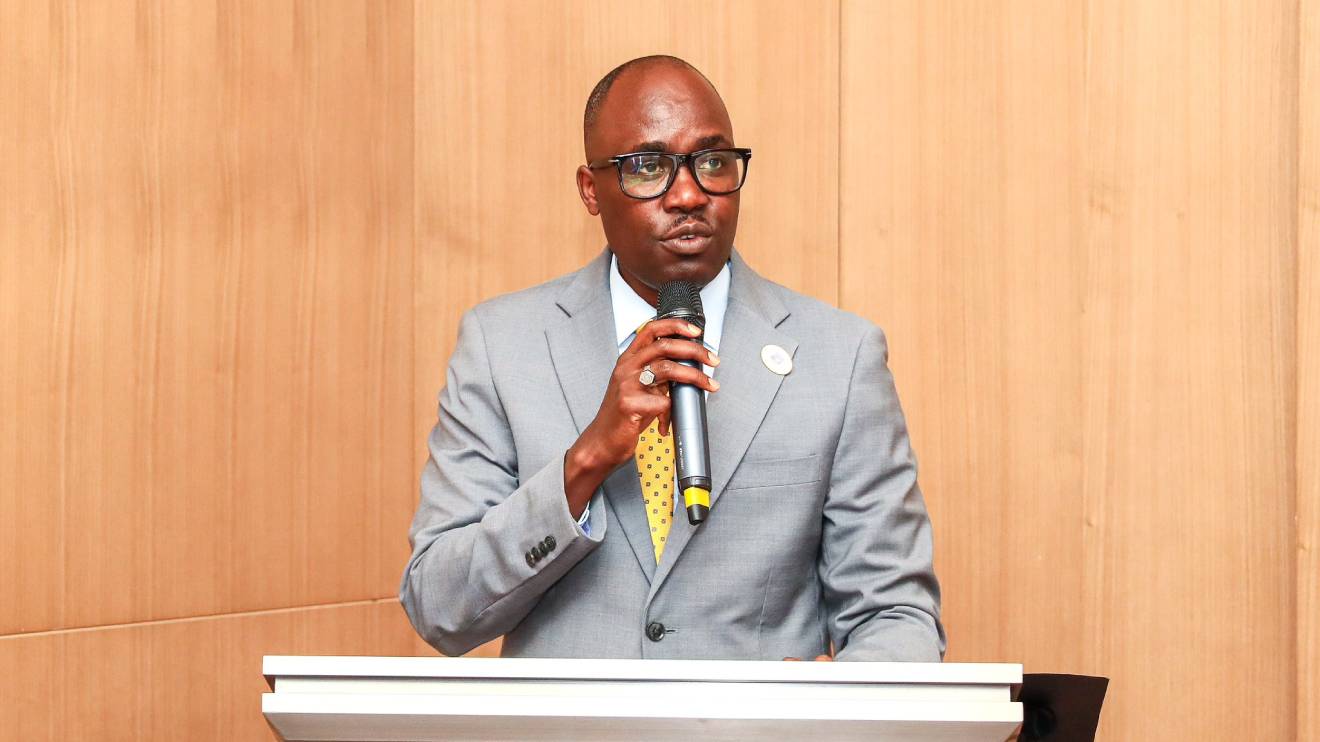President William Ruto's ambitious affordable housing program received a shot in the arm on Tuesday as the new bill aimed at securing its funding passed the second reading in Parliament.
After a split vote, 141 Members of Parliament (MPs) endorsed the bill, paving the way for its final stages of approval.
"I now wish to announce the voting to the House," Speaker Moses Wetang'ula declared.
"In a division on the second reading of the Affordable Housing Bill, 2023, the results are as follows; the ayes 141, the nays 58; total votes 199, abstentions nil, so the ayes have it."
The new bill replaces the previous one that was twice declared unconstitutional by the courts due to its exclusion of informal sector earners and lack of public participation.
Read More
This time, the government has included amendments addressing these concerns, including the removal of the discriminatory 1.5% per cent Housing Levy and plans to ensure equitable housing ownership through restrictions like one house per individual.
Leader of Majority Kimani Ichung'wah expressed confidence in the bill's swift passage, aiming for its presentation to the Senate by Friday and potential presidential assent by March 15th.
"We should be able to conclude that business tomorrow, hopefully on Wednesday afternoon we get into third reading...and be able to process the bill forward to the Senate so that they are able to advertise it by Friday, do the public participate and be able to get a new Affordable Housing Bill before the next payroll," he stated.
However, Minority Leader Opiyo Wandayi raised concerns about the tight timeline, requesting more time for amendments and public participation.
"The feeling of most members here is that the timing of 2.30 pm tomorrow is too soon for those processes to be undertaken and be completed," he argued.
Wetang'ula, however, ruled in favour of proceeding with the third reading on Wednesday, allowing for potential adjustments based on the weight of proposed amendments.
Molo MP Kimani Kuria, co-chair of the joint parliamentary committee, highlighted the proposed amendments to address concerns.
"We will be introducing several amendments to address the concerns raised by MPs and the public, particularly regarding land ownership and the transfer of housing units," he explained.
These amendments include removing the 10 per cent deposit requirement for acquiring a house and restricting ownership to one house per individual to prevent exploitation by the wealthy.
The bill's passage through the second reading marks a crucial step forward for President Ruto's housing program, but the final hurdle awaits in the form of the third reading and potential Senate scrutiny.
Whether the bill will successfully navigate these challenges and become law remains to be seen, but its progress so far offers a glimmer of hope for Kenyans seeking affordable housing solutions.

